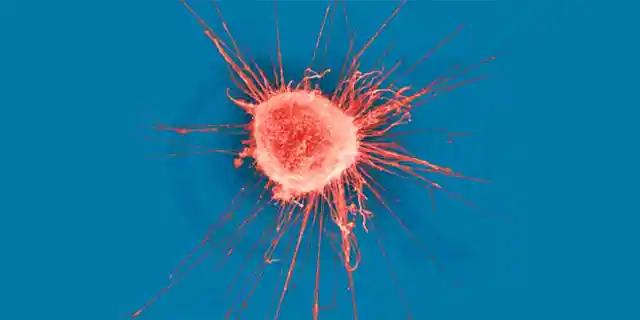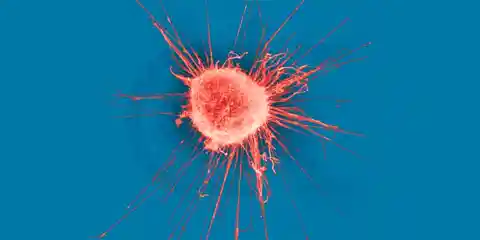

Carcinogens are cancer causing agents that we all need to be aware of. We’re all in the know already about the common ones such as cigarette smoke and air pollution, but there are some you’ve never heard of. Here they are.
Number Eight: Biological Agents
Biological agents like hepatitis B and C or HPV are major causes of cancer. These contribute to about 20% of cancers.
Number Seven: Trichloroethylene
This mouthful of a word is a chemical used as an industrial solvent. It’s also useful in consumer products, and was once put to use as an anaesthetic. It’s possible that this cancer-causing agent is present in a lot of groundwater across the planet.
Number Six: Silica Dust
Silica dust is widely-used in the construction industry, especially in tunnel-making and stone-cutting work. This deadly agent actually causes lung cancer. Some estimate that it’s responsible for up to 10% of worldwide cancer deaths.
Number Five: Radon Gas
This is not man made, but occurs naturally, and causes lung cancer. It is supposed that radon could be responsible for up to 14% of lung cancer in the world.
Number Four: Benzene
used as a solvent in the chemical and pharmaceutical industry and occurs in petrol, vehicle exhaust fumes, glues and adhesive products. It causes leukaemia and at least 2% of leukaemia cases worldwide are attributable to occupational exposures.
Number Three: Aristolochic Acid
This was discovered in the Birthwort plant and was long used in ancient Chinese medicine. It has also been used as a research chemical and unfortunately has been shown to cause upper urinary tract cancers.
Number Two: Chromium VI
This causing lung and sinus cancers. Several million people across the world are estimated to have been exposed to this harmful element. If you have been in the past, you should get a checkup.
Number One: Shale Oils can Cause Cancer
These unheard of agents are mined and when processed may also present a range of risks for humans exposed to the. This oil’s extraction may deal with exposure to a wide variety of natural as well as man-made carcinogens. We hope you found our article interesting and informative, and that you learned a thing or two.